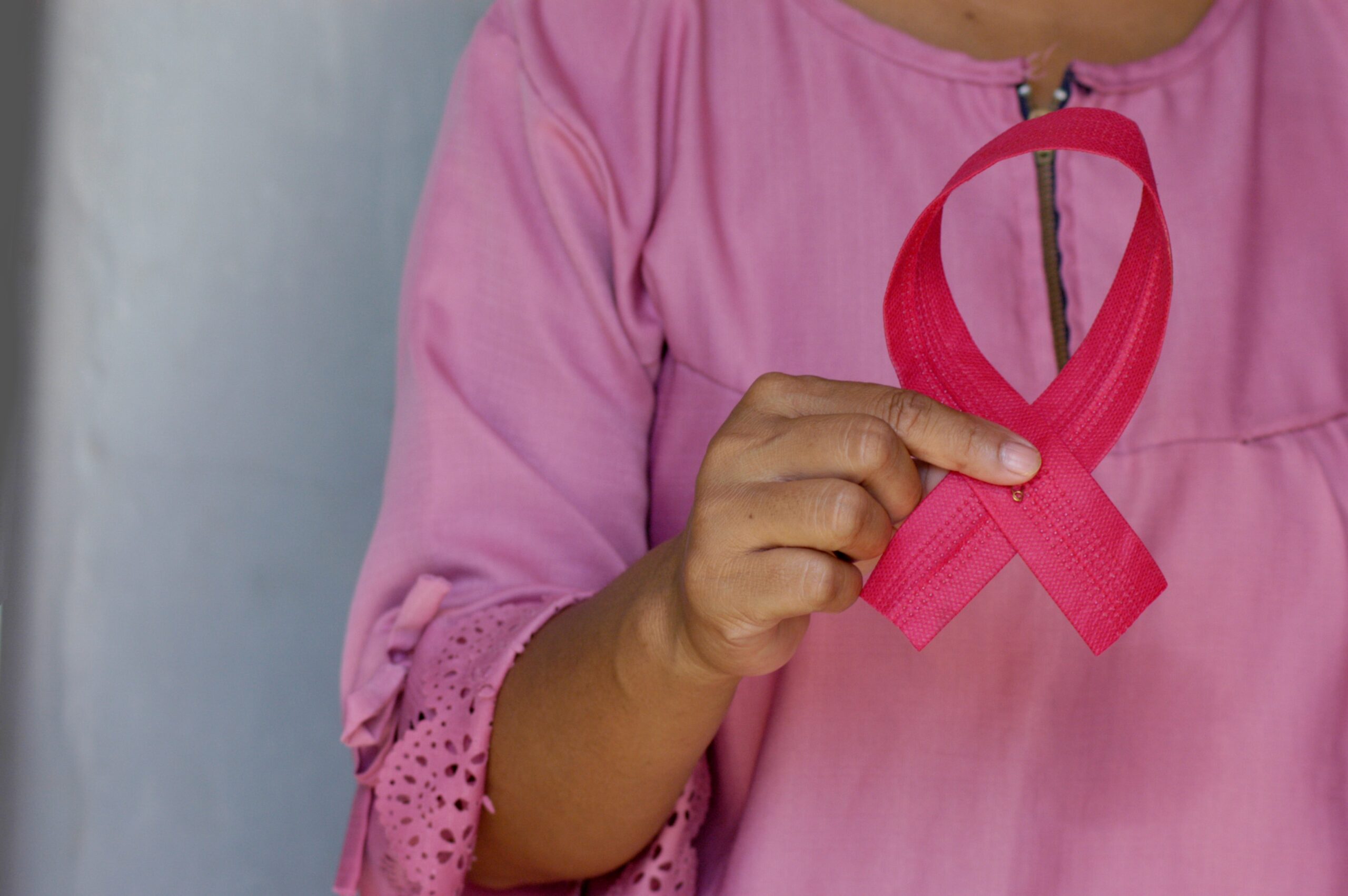The Breast Cancer Care Team
Radiologist – Radiologists specialize in imaging and interpreting the images of the breast and other areas of the body whether it be with mammography, ultrasound imaging, magnetic resonance imaging (MRI), and other scans to identify potentially diseased tissue.
Pathologist – following a biopsy (removal of a small piece of tissue from the breast or other areas of the body), pathologists microscopically examine the tissue to identify cancer and other diseases in the cells. Pathologist also apply stains to cells to identify characteristics of the cells such as estrogen and human growth factor receptors that play important roles in breast cancer.
Surgeon – Surgeons specialize in performing biopsies, removing cancer, and performing other procedures when a person has cancer.
Medical Oncologist – Medical oncologists specialize in diagnosing and treating cancer, using chemotherapy, hormonal therapy, biological therapy, targeted therapy, or a combination of these. Medical oncologists also provides supportive care and may coordinate treatment given by other specialists.
Nurse Navigators – healthcare professionals who are specialized in helping navigate the treatment process. They assess emotional, clinical, financial, psychological, spiritual and other patient needs and provide education, coordination, and supportive care.
Lay (or peer) Navigators – a person (often times a cancer survivor) who helps guide a patient through the healthcare system and advocating to reduce barriers. This includes support to obtain access to timely screening, diagnosis, treatment, and follow-up for cancer.
Radiation Oncologist – Radiation oncologists treat cancer and other illnesses with targeted radiation therapy. For breast cancer, radiation is used following surgery or following both surgery and chemotherapy to target potentially remaining cancer cells in the breast or surrounding tissue.
Plastic/Reconstructive Surgeon – Plastic/reconstructive surgeons perform body image reaffirming surgery to enhance appearance after breast removal (mastectomy) when mastectomy is needed and reconstructive surgery is preferred by the patient.
Social Worker – A professional trained to talk with patients and their families about physical, emotional, and financial needs, and to find and refer to supportive services.
Genetic Counselor – A health professional who has special training in medical genetics and counseling. Genetic counselors help patients and families who have, or who may be at risk of, cancer. They help patients find out their chances of having cancer or other genetic condition or of having a child or other family member with a genetic condition. They also help patients understand their options for genetic testing, including its risks and benefits. After genetic testing is done, genetic counselors help patients understand their genetic test results, including how the results can affect other family members, and provide counseling and support.
Oncology Nurses & Physician Assistants – In addition to physicians, oncology nurses and physician assistants provide treatment and care for patients diagnosed with cancer.
Research Scientist – A individual who is engaged in and has expert knowledge of the science and biology of cancer.
Psychologist – A specialist who can counsel patients and their families about emotional and personal issues such as stress, depression, and anxiety and can offer strategies to think through the challenges of cancer, adjust to the diagnosis and treatment, cope and have a better quality of life.
Survivorship Specialist – Survivorship specialist focuses on the health and life of a person with cancer post treatment (although we consider all people with a cancer diagnosis to be survivors). The specialist covers the physical and psychosocial issues of cancer, beyond the diagnosis and treatment phases. Survivorship includes issues related to the ability to get health care and follow-up treatment, late effects of treatment, second cancers, and quality of life. Family members, friends, and caregivers are also considered part of the survivorship experience.
Physical Therapist – A specialist who helps cancer patients combat post treatment physical affects through rehabilitation. Physical limitations of women surviving cancer may include cancer-related fatigue, pain, nerve damage, deconditioning, and lymphedema, .
Fertility/Gynecology – Fertility preservation means preserving the ability of an individual to start a family at a time of their choosing. Oncofertility is a term for fertility preservation in people with cancer. Improvement in cancer management and increasing survival rates has created a need for oncofertility. Gynecology is the branch of medicine which deals with the functions and diseases specific to women, especially those affecting the reproductive system.

Your feedback is appreciated. Help us improve the site.
Submit your feedback here!

About Us
Learn more about the Beating Breast Cancer project.
